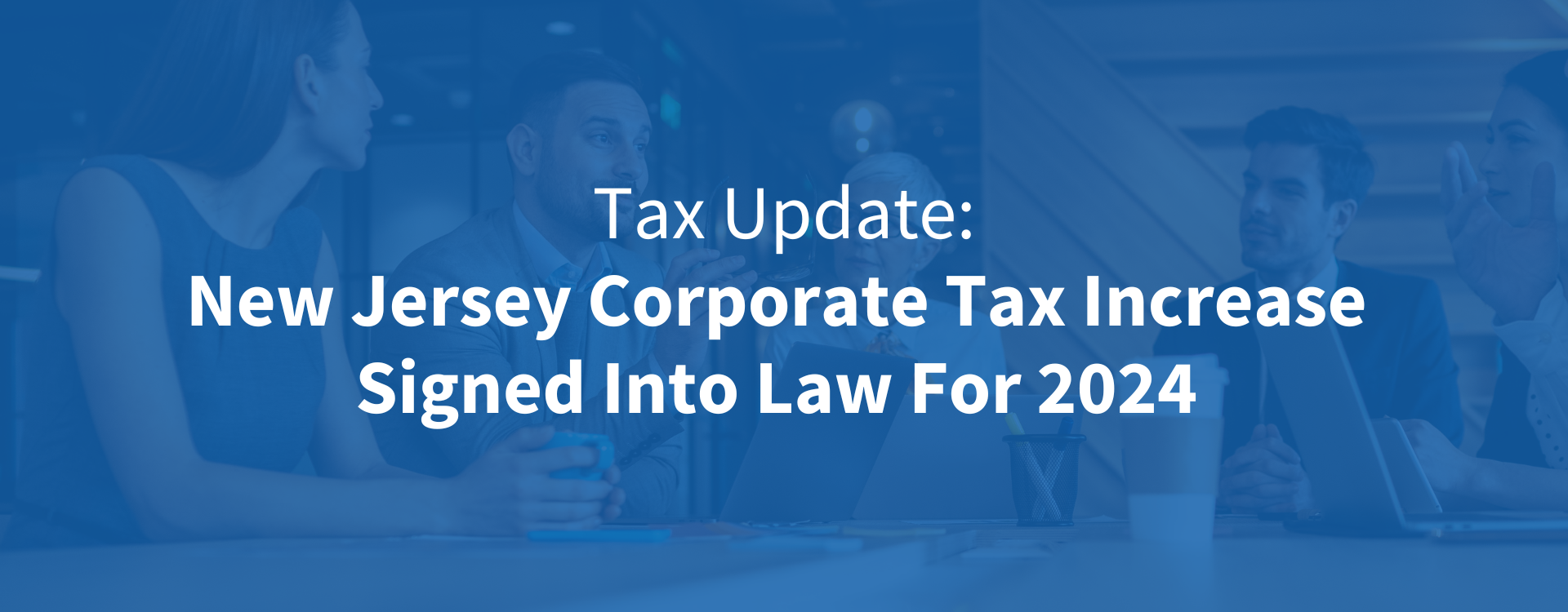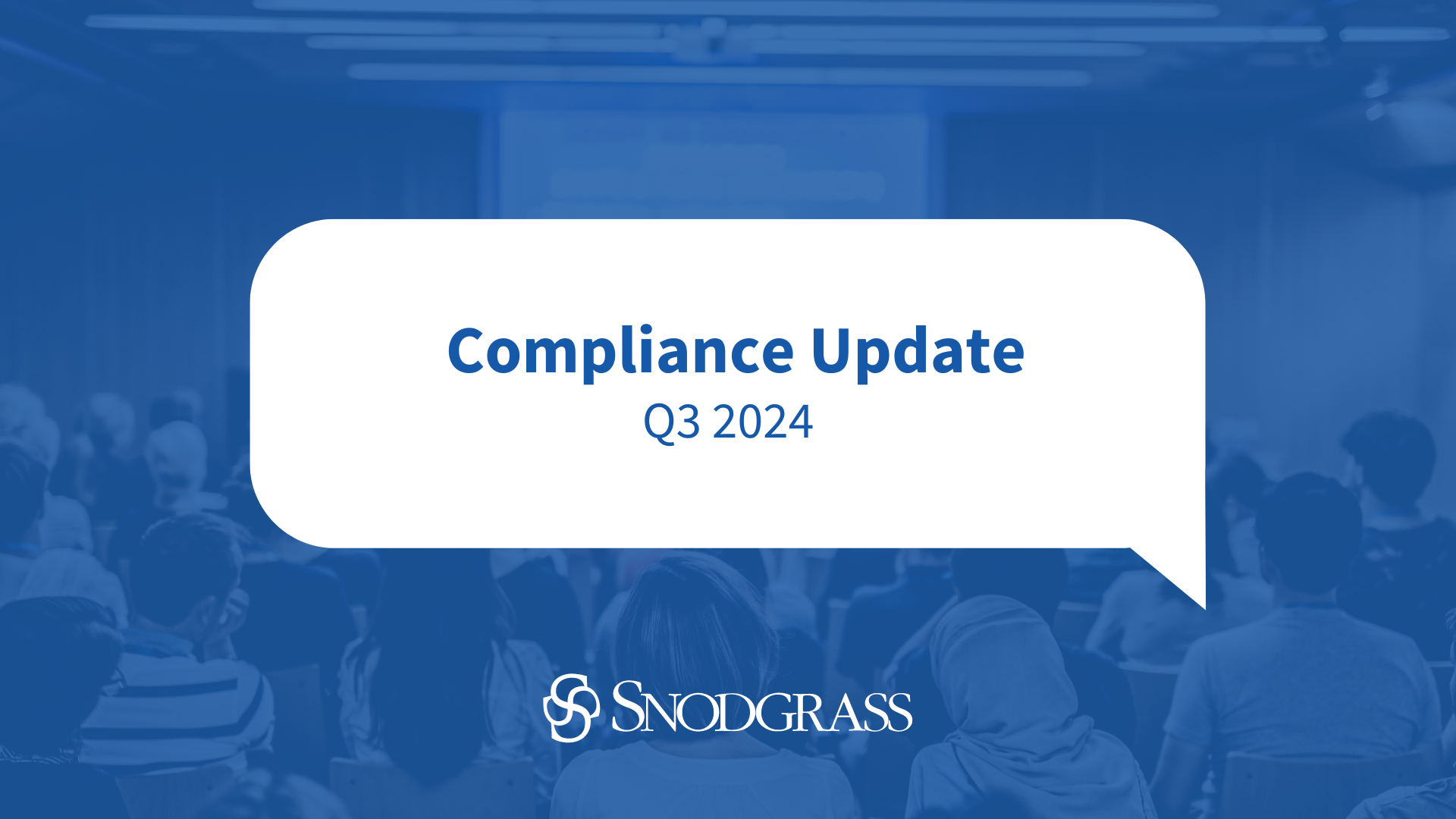Request for Comments on Real Estate Valuations: Quality Control Standards for Automated Valuation Models
The Federal Deposit Insurance Corporation (FDIC), the Board of Governors of the Federal Reserve System, the Office of the Comptroller of the Currency (OCC), the National Credit Union Administration (NCUA), the Federal Housing Finance Agency, and the Consumer Financial Protection Bureau (CFPB) (the agencies) jointly issued a Notice of Proposed Rulemaking (NPR) seeking comment on a proposed rule to implement the quality control standards mandated by the Dodd-Frank Wall Street Reform and Consumer Protection Act (Dodd–Frank Act) for the use of automated valuation models (AVMs) by mortgage originators and secondary market issuers in determining the collateral worth of a mortgage secured by a consumer’s principal dwelling
Key Details:
- Section 1473(q) of the Dodd-Frank Act added a new section 1125 to Title XI of the Financial Institutions Reform, Recovery, and Enforcement Act of 1989 directing the agencies to promulgate regulations to implement AVM quality control standards. Covered AVMs must adhere to quality control standards designed to: (1) ensure a high level of confidence in the estimates produced by AVMs; (2) protect against manipulation of data; (3) seek to avoid conflicts of interest; (4) require random sample testing and reviews; and (5) account for any other such factor the agencies determine to be appropriate.
- The proposal would require institutions that engage in certain credit decisions or covered securitization determinations to adopt policies, practices, procedures, and control systems to ensure that AVMs used in these transactions to determine the value of mortgage collateral adhere to quality control standards designed to meet the previously specified four statutory factors. In addition, the agencies would add a fifth factor to ensure AVMs adhere to quality control standards designed to comply with applicable nondiscrimination laws.
- A nondiscrimination quality control factor under section 1125(a)(5) would create an independent requirement for institutions to establish policies, practices, procedures, and control systems to mitigate against discrimination risk in their use of AVMs, thereby increasing confidence in the estimates and supporting well-functioning AVMs.
- The proposed rule would implement a statutory scope provision by applying the standards when an AVM is used to make a determination of collateral value, as opposed to other uses such as monitoring value over time or validating an already completed valuation. Therefore, the proposed rule would apply to AVMs used in connection with making a “credit decision.” Secondary market issuers would be subject to the proposed rule whenever a secondary market issuer uses an AVM in connection with making a covered securitization determination or an appraisal waiver. AVMs used to monitor collateral value would not be subject to the quality control factors.
Supplemental Alert: FinCEN and the U.S. Department of Commerce’s Bureau of Industry and Security Urge Continued Vigilance for Potential Russian Export Control Evasion Attempts
The U.S. Department of Treasury’s Financial Crimes Enforcement Network (FinCEN) and the U.S. Department of Commerce’s Bureau of Industry and Security (BIS) previously issued a joint alert (2022 Alert) urging financial institutions to be vigilant against efforts by individuals and entities to evade BIS export controls implemented in connection with the Russian Federation (Russia)’s further invasion of Ukraine. This supplemental joint alert provides financial institutions additional information regarding new BIS export control restrictions related to Russia, as well as reinforces ongoing U.S. government engagements and initiatives designed to further constrain and prevent Russia from accessing needed technology and goods to supply and replenish its military and defense industrial base.
https://www.fincen.gov/sites/default/files/shared/FinCEN and BIS Joint Alert _FINAL_508C.pdf
Federal Reserve Announces July Launch for the FedNow Service
The Federal Reserve announced that the FedNow Service will start operating in July and provided details on preparations for launch.
The first week of April, the Federal Reserve began the formal certification of participants for launch of the service. Early adopters will complete a customer testing and certification program, informed by feedback from the FedNow Pilot Program, to prepare for sending live transactions through the system.
Certification encompasses a comprehensive testing curriculum with defined expectations for operational readiness and network experience. In June, the Federal Reserve and certified participants will conduct production validation activities to confirm readiness for the July launch.
“We couldn’t be more excited about the forthcoming FedNow launch, which will enable every participating financial institution, the smallest to the largest and from all corners of the country, to offer a modern instant payment solution,” said Ken Montgomery, first vice president of the Federal Reserve Bank of Boston and FedNow program executive. “With the launch drawing near, we urge financial institutions and their industry partners to move full steam ahead with preparations to join the FedNow Service.”
https://www.federalreserve.gov/newsevents/pressreleases/other20230315a.htm
CFPB Issues LIBOR Transition Interim Final Rule and Updates LIBOR Transition Frequently Asked Questions (FAQs)
The 2023 LIBOR Transition Interim Final Rule updates the CFPB’s previous 2021 LIBOR Transition Rule to make changes consistent with the Adjustable Interest Rate Act of 2021 (LIBOR Act), enacted in March 2022. Those changes include 1) conforming the terminology used to identify the replacement indices and 2) adding an example of a 12-month LIBOR tenor replacement index that meets certain standards in Regulation Z.
The CFPB has also provided a Fast Facts summary of the 2023 LIBOR Transition Interim Final Rule and updated the LIBOR Transition FAQs to reflect these changes. You can access the 2023 LIBOR Transition Interim Final Rule, Fast Facts, and LIBOR Transition FAQs here:
Federal Reserve Board (FRB) Announces the Results from the Review of the Supervision and Regulation of Silicon Valley Bank, Led by Vice Chair for Supervision Barr
The FRB announced the results from the review of the supervision and regulation of Silicon Valley Bank, led by Vice Chair for Supervision Michael S. Barr. The review finds four key takeaways on the causes of the bank’s failure:
- Silicon Valley Bank’s Board of Directors and management failed to manage their risks;
- Federal Reserve supervisors did not fully appreciate the extent of the vulnerabilities as Silicon Valley Bank grew in size and complexity;
- When supervisors did identify vulnerabilities, they did not take sufficient steps to ensure that Silicon Valley Bank fixed those problems quickly enough; and
- The Board’s tailoring approach in response to the Economic Growth, Regulatory Relief, and Consumer Protection Act and a shift in the stance of supervisory policy impeded effective supervision by reducing standards, increasing complexity, and promoting a less assertive supervisory approach.
https://www.federalreserve.gov/newsevents/pressreleases/bcreg20230428a.htm
Interagency Policy Statement on Allowances for Credit Losses
The federal financial institution regulatory agencies have jointly issued the Interagency Policy Statement on Allowances for Credit Losses (Revised April 2023) (revised statement).The agencies issued this revised statement in response to changes in the accounting guidance for troubled debt restructurings (TDRs) by creditors under U.S. generally accepted accounting principles (U.S. GAAP).
Statement of Applicability: The contents of, and material referenced in, this financial institution letter apply to all FDIC-insured financial institutions.
Interagency Policy Statement on Allowances for Credit Losses
CFPB Finalizes Rule to Create a New Data Set on Small Business Lending in America
The Consumer Financial Protection Bureau (CFPB) has finalized a rule required by Congress to increase transparency in small business lending, promote economic development, and combat unlawful discrimination. Lenders will collect and report information about the small business credit applications they receive, including geographic and demographic data, lending decisions, and the price of credit. The rule will work in concert with the Community Reinvestment Act, which requires certain financial institutions to meet the needs of the communities they serve. The increased transparency will benefit small businesses, family farms, financial institutions, and the broader economy.
Phase in implementation for the largest lenders first: The CFPB found that there were key differences in how large financial institutions would implement the rule, compared to relationship-based local lenders. The final rule requires the largest lenders, which account for most of the small business lending market, to collect and report data earlier than smaller lenders. Specifically, lenders that originate at least 2,500 small business loans annually must collect data starting October 1, 2024. Lenders that originate at least 500 loans annually must collect data starting April 1, 2025. Lenders that originate at least 100 loans annually must collect data starting January 1, 2026.
While the rule announced requires data collection and reporting for those that make at least 100 loans annually, the rule will still cover the vast majority of bank small business lending, based on the CFPB’s analysis. Lenders originating less than 100 loans per year will still be required to adhere to fair lending laws.
Small Business Lending Collection and Reporting Requirements
On May 12, 2023, the CFPB issued the Small Entity Compliance Guide for the small business lending rule.
It provides resources to help the industry understand and comply with the small business lending rule, which implements section 1071 of the Dodd-Frank Act.
OCC Issues Guidance on Overdraft Protection Programs
The OCC issued guidance to address the risks associated with bank overdraft protection programs.
The guidance provides background information on overdraft protection programs and identifies certain practices that may result in heightened risk exposure. These practices include assessing overdraft fees on “authorize positive, settle negative” transactions and assessing a fee each time an item is presented for payment after it was returned for non-sufficient funds (representment fees). The guidance also describes several practices that may help banks control risks associated with overdraft protection programs, as well as compliance with section 5 of the Federal Trade Commission Act, which prohibits unfair or deceptive acts or practices.
https://www.occ.gov/news-issuances/news-releases/2023/nr-occ-2023-41.html
ACH Risk Management/Deadlines Pass on Request for Comment and Request for Information
The request for comment (RFC) period for reviewing a series of Nacha Rules proposals and information request related to ACH Risk Management Topics issued on May 2, 2023, has passed. Information related to the ACH Management Risk Topics should be available in the near future.
Nacha requested the industry to provide information and perspectives on four additional risk management topics. While these topics were not being put forth at that time as proposals to amend the Nacha Rules, Nacha requested information and perspective from industry stakeholders by Friday, June 30 in order to inform the rulemaking process.
- ACH Network Credit Return Threshold
- “Third-Party Receivers”
- Risk-based approach to early funds availability
- NOC for SEC Code/Account Type mismatch
https://www.nacha.org/rules/request-information-ach-risk-management-2023
FDIC Clarifying Supervisory Approach Regarding Supervisory Guidance on Multiple Re-Presentment NSF Fees
The FDIC has updated its Supervisory Guidance on Multiple Re-Presentment NSF Fees (FIL-40-2022) to clarify its supervisory approach for corrective action when a violation of law is identified. The original was issued in August 2022 and revised in June 2023.
The FDIC is issuing guidance to ensure that supervised institutions are aware of the consumer compliance risks associated with assessing multiple non-sufficient funds (NSF) fees arising from the re-presentment of the same unpaid transaction. Additionally, the FDIC is sharing its supervisory approach where a violation of law is identified and full corrective action is expected.



